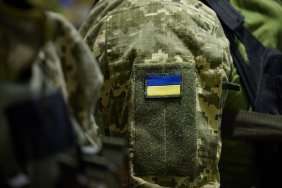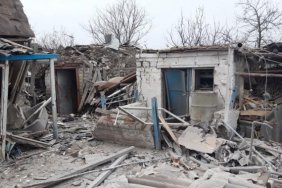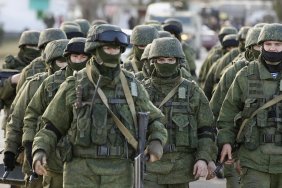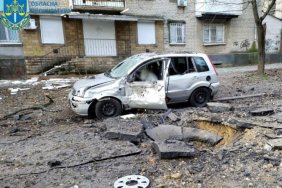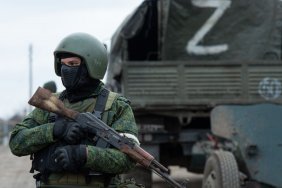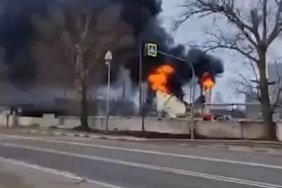In the Russian Federation, more and more servicemen do not want to fight in Ukraine, and the number of official "refuseniks" is growing. This was reported by the Main Directorate of Intelligence of the Ukrainian Defense Ministry.
It has been confirmed that the number of refusals among "contract servicemen" in the units of the 150th Motorized Rifle Division of the 8th Army of the Southern Military District of the Russian Federation has reached 60-70% of the total number of personnel.
The deputy commanders for military and political work and officers of the FSB "work" with the servicemen who refused to go to Ukraine. People are persuaded to take part in the offensive. If they refuse again, they are threatened with reprisals against their relatives.
Those who failed to be persuaded are put on their personal records: "I refused to participate in a special military operation in the LNR, DNR, and Ukraine. A similar entry is made for those who have not taken part in the war against Ukraine, but have remained in the so-called "strategic reserve" in permanent deployment points. Those who arrived in the units during rotation, but refused to take part in combat operations are stamped in their military ID: "Committed evasion of military service duties and service and combat tasks during a special military operation on the territory of Ukraine.
"Specific" methods of persuasion are also used: in particular, a payment of 3 million rubles for wounds or contusions is promised only if the serviceman returns to his unit for further participation in combat operations. Otherwise, Russian servicemen encounter critical problems with documents and even with receiving proper medical services and certificates for the very presence of wounds.
At the same time, the command of the Russian Federation conceals the real number of killed servicemen. Their bodies are piled up in morgues in the Rostov Region.

